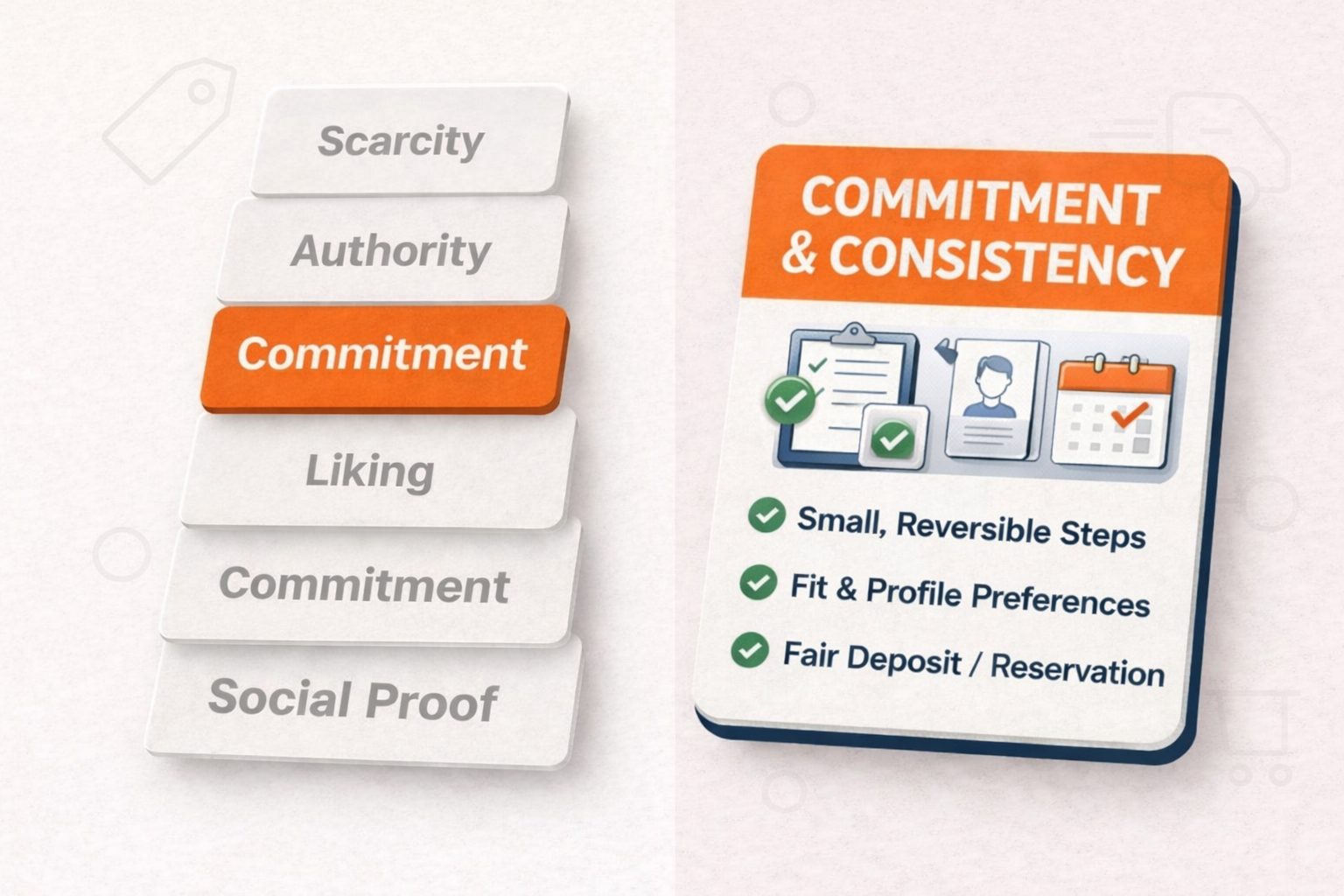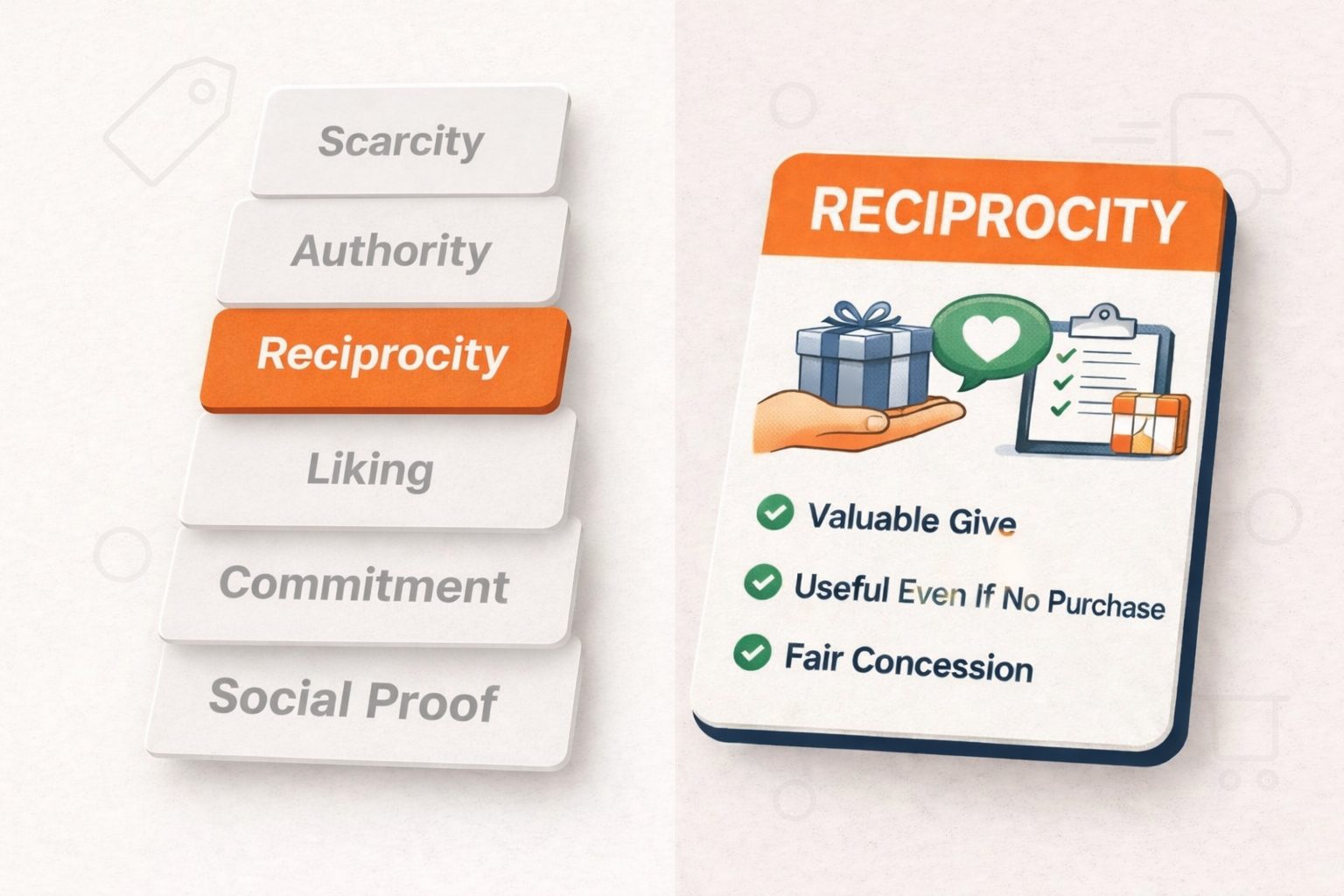New in Magento world? This mindmap helps you to get your head around quicker
Magento eCommerce is a pretty complex platform and it becomes even more complex if you consider other elements of Magento ecosystem. This post helps you to understand the system and surrounding better. The text below expand the elements of the mindmap.
Platform
Magento core is an eCommerce platform – a software that merchants use to run online stores.
Editions
Magento currently has two editions (both are open source):
- Magento Community Edition, also often referred as Magento CE, which you can download free of charge
- Magento Enterprise Enteprise, also often referred as Magento EE, where you need to purchase a license from Magento. Magento Enterprise is based on fundamentally the same with Magento Community core code base, but contains number of additional pre-packed features, has improved performance and comes with Magento support. To find out more about Magento Enterprise and does it worth its price check this post
- There was also Magento Professional somewhere in the middle, but this edition was discontinued several years ago
Branches or versions
Until the last year all editions officially available were part of 1.X branch, also referred as Magento 1. In November 2015 Magento finally released Magento 2, new version of the platform. Magento 2 is significantly different from Magento 1, the difference is that big that extension, theme and custom code for Magento 1 will not work in Magento 2 without modifications.
Both Magento Community Edition and Magento Enterprise Edition now have Magento 1 and Magento 2 versions.
Deployment types
There are number of ways to deploy Magento-based online store.
Self-hosted
This is classic and most often used way to deploy Magento store. In this case a merchant purchase a hosting from independent 3rd party hosting provider. Some of hosting providers are recommended by Magento as Hosting partners, but essentially the platform can be hosted on any server that meets technical requirements (while performance will vary).
With this kind of deployment a site owner has full control over the system, can customise everything, even change core system code (while it isn’t recommended).
SaaS
Next way is to use SaaS providers with solution that is based on Magento. There are 2 of them officially referred:
- Zoey (where Magenable is official partner), US based company, mostly target English-speaking world
- Blugento, a German based provider
- MagentoGo (discontinued) is a failed attempt of Magento to run their own SaaS version
Properly speaking with this kind of deployment you’ll get not exactly Magento, but a solution based on Magento core. It isn’t necessary bad, because for example Zoey has much better UX than Magento, especially Magento 1 and more flexible pages editor. However it will be not very easy if possible at all to migrate all your website components from and to SaaS solutions. As a rule you can migrate data (products, orders, customers), but can’t migrate design, customisations you did in code and all extensions (there are several thousands of extensions for Magento and Zoey for example doesn’t support all of them).
SaaS vendors takes care of hosting, code system updates, scaling, so merchants have less or no need in technical expertise (in-house or outsourced).
With SaaS deployment merchants (or their developers) however can’t change the source code or install any extension (only those that supported by SaaS vendor), so they have less flexibility than self-hosted solutions.
PaaS
This is a new kid in the block. In April 2016 Magento introduced Magento Enterprise Cloud Edition, which targets to provide the best from SaaS and self-hosted worlds:
- On the one hand Magento Enterprise Cloud Edition comes with hosting on AWS infrastructure with number of useful services included on top, so hosting, scaling and at significant extent performance is handled by Magento
- On the other hand access to source code isn’t locked, merchants and their developers can change it, so flexibility doesn’t suffer
Magento Enterprise Cloud Edition is based on Magento 2 EE. We wrote a quick review of Magento Enterprise Cloud Edition, you can read it here.
App stores /marketplaces
Extensions and theme add significant value to Magento merchants, in most cases you can find an extension that solves your business problem and purchase it for couple hundred dollars instead of paying thousands to develop home-made solution.
Magento 1 has over 8,000 extensions and themes, there are several hundreds available for Magento 2 now and the number is growing. At the moment there are 2 official app store (or marketplaces) where you can get Magento extensions and unofficial marketplaces too.
You can also purchase extensions directly from developers.
Official
Magento Connect
Magento Connect is ‘old’ app store, it has extensions both for Magento 1 and Magento 2 available. It is probably more correct to call Magento Connect a directory rather than app store, because Magento doesn’t sell the extensions from it. Free extensions can be downloaded through Magento Connect, for paid extensions Magento Connect rather provides a link to developer store, where merchants can go and purchase an extension. There is no commission to list an extension or theme at Magento Connect for developer.
Magento Marketplace
Magento Marketplace is a new app store that Magento launched in April 2016. It has a different from Magento Connect business model – here customers purchase from the store, it takes a commission (30%) and then transfer developers their share. At the moment the store is very new and have limited number of extensions for Magento 2 only. The main point of differentiation here for merchants is promised higher quality of the extensions, Magento will review both extensions and developers more carefully before let them in. You can read more about Magento Marketplace after it was just launched in our blog post.
Eventually Magento plans to close Magento Connect and keep only Magento Marketplace.
Unofficial
In addition to official app stores that run by Magento, there are number of other marketplaces that are run by independent companies. The most popular one is ThemeForest that belongs to Envato. It is a well-known destination to find stock Magento theme (set of templates for Magento store).
Partners
Partners represent businesses that obtained official status from Magento. There are 4 categories of partners. Partners have different badges (Gold, Silver etc) that reflect mainly the level of experience and amount of business they generate with Magento. Magento official partners are listed on Magento website.
Solution Partners
This category of partners are businesses that are helping merchants to build Magento-based eCommerce solutions.
Technology Partners
This partners sells solutions that compliment Magento platform. It may be either an extension extending Magento functionality or a stand-along service that can be nicely integrated with Magento, typically through an extension – site search engine, payment gateway, marketing automation sofware.
Hosting Partners
This category represents hosting providers who specialises in hosting Magento stores.
Performance Partners
This is a new category, where Magento listed businesses that help to monitor Magento store performance and improve it.
Important to mention that an organisation doesn’t have to be a partner to provide Magento consulting, development, design and other services or sell Magento extension.
Experts
LinkedIn keyword search returns over 134,000 results with keyword Magento in profile. Big number of people who know Magento is a huge plus for merchants – it is comparatively easy to find experts who know the platform, so they don’t need to spend time and money to learn it.
Magento runs a certification program that provides an experts with possibility to test and prove their level of knowledge. Certification exams are quite rigorous, so it isn’t very easy to get “Magento Certified” status. There are just over 100 certified Magento experts in Australia at the moment. It is less than 7% from 1,769 of those who refers to Magento in their LinkedIn profiles.
There are 4 categories of certification.
3 of them are for developers:
- Magento Developer
- Magento Developer Plus
- Magento Front End Developer
The 4th certification is called Magento Solution Specialist and is for business experts (project managers, analysts, consultants). I am happy to be the first person who got this certification in Australia. All certified experts are listed at a special section of Magento website, where their status can be verified.
Merchants
The last, but the most important piece at the mindmap is merchants – businesses and other organisations that use Magento to run their online stores. Magento is one of the most popular eCommerce platform, according official statistic there are over 200,000 of merchants using Magento.
This is the end of brief outlook to Magento and its ecosystem, feel free to share your thoughts and questions in the comments.
Finally, if you need help with your Magento project – you are welcome to contact us.






